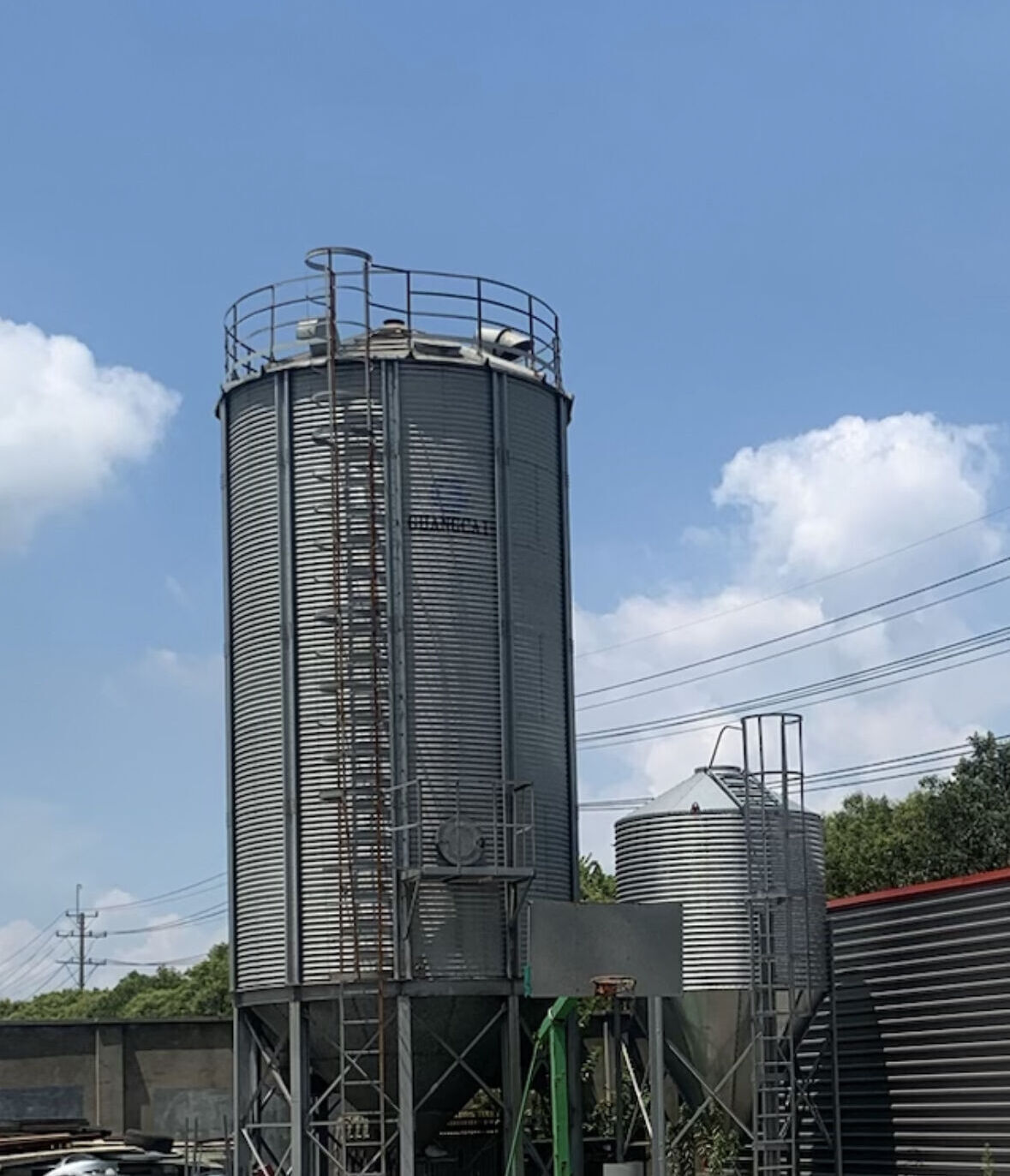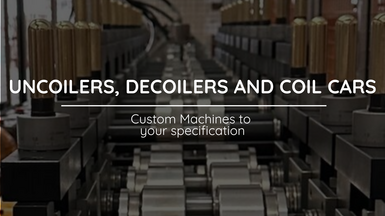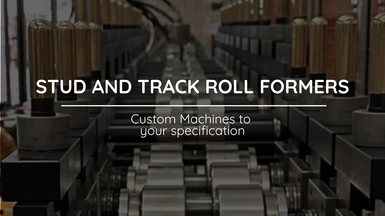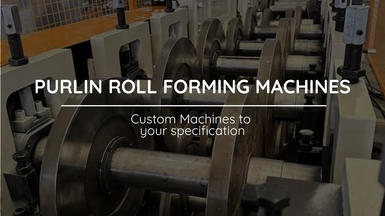
Silo Roll Forming Machines
Silo roll forming machines are specialized industrial machines used in the manufacturing of silos.
Posted on Thursday, May 25, 2023
What are Silo’s?
Silos are storage structures designed to hold bulk materials such as grains, cement, coal, and various other types of materials. Silos protect bulk materials, and are commonly used in industries such as agriculture, manufacturing, mining, and construction.
The primary purpose of a silo is to provide a controlled environment for storing and preserving materials. By storing materials in a silo, companies can protect them from external elements such as moisture, pests, and air exposure, ensuring their quality and preventing spoilage or degradation.
Silos are typically tall, cylindrical structures, although they can also have other shapes such as rectangular or dome-shaped. They are usually made of reinforced concrete, steel, or occasionally, other materials like wood or plastic.
Key features of silos include:
Capacity: Silos can vary significantly in size, ranging from small-scale silos used on farms to large industrial silos that can store thousands of tons of materials.
Loading and Unloading Systems: Silos are equipped with systems for loading materials into the silo and unloading them when needed. These systems may include conveyors, elevators, augers, or pneumatic systems, depending on the type of material being stored.
Ventilation and Aeration: Proper ventilation and aeration systems are often installed in silos to control temperature, humidity, and air circulation within the storage space. This helps prevent spoilage, maintain the quality of the stored materials, and minimize the risk of moisture-related issues such as mold or condensation.
Safety Features: Silos may include safety features such as pressure relief valves, level indicators, and monitoring systems to ensure the integrity and stability of the structure and prevent overfilling or excessive pressure.
Access and Inspection Points: Silos are designed with access points for maintenance, inspection, and cleaning purposes. These access points typically include manholes, inspection hatches, and sometimes internal ladders or staircases for personnel to access different levels within the silo.
Silos offer several advantages, including efficient space utilization, protection of materials from environmental factors, easier handling and transportation, and improved inventory management. They are essential for storing bulk materials in a controlled and organized manner, allowing businesses to optimize their operations and ensure a reliable supply of materials.
How do Silo roll forming machines work?
Material Feeding: The machine is equipped with a material feeding system that supplies a continuous strip of metal. The metal strip is typically made of galvanized steel or other suitable materials.
Roll Forming: The metal strip passes through a series of rollers, each designed to gradually bend and shape the metal into the desired profile. The rollers are configured to create the specific diameter and corrugation pattern required for the silo.
Cutting and Welding: Once the desired length of the silo panel is achieved, the machine cuts the panel to the appropriate size. Some machines may also include welding capabilities to join the edges of the panel, creating a continuous cylinder.
Curving and Forming: In some cases, the silo panels need to be curved or formed into specific shapes to match the requirements of the silo design. Additional rollers or curving mechanisms may be included in the machine to accomplish this.
Stacking and Packaging: After the panels are formed, they can be stacked and packaged for transportation and assembly at the silo construction site. Depending on the machine design, an automated stacking and packaging system may be integrated into the process.
Silo roll forming machines are highly specialized and can be customized to produce different sizes and configurations of silo panels. They are typically used by manufacturers or contractors involved in the production of silos for various industries, such as agriculture, construction, and storage facilities.
It's important to note that specific features and functionalities of silo roll forming machines may vary depending on the manufacturer and the requirements of the silo project.
Are you looking for a high-quality silo roll forming machine? Brown the range from Rollforming LLC, or get in touch to see how our customer team can help you today.
Roll Forming Machines LLC's New Factory
Posted on Sunday, March 23, 2025
We have relocated factories, which will be available for tours very soon.

Uncoiler, Decoiler and Coil Car Roll Forming Machine Accesories from Roll Forming Machines LLC
Posted on Sunday, November 24, 2024
Contact us today with your specifications for a custom Uncoiler, Decoiler or Coil Car at sales@rollformerusa.com or call us at (+1) (407) 859 1119

Stud and Track Roll Forming Machines from Roll Forming Machines LLC
Posted on Saturday, November 23, 2024
Contact us today with your specifications for a custom Stud and Track Machine at sales@rollformerusa.com or call us at (+1) (407) 859 1119

Cee and Zee Purlin Roll Forming Machines from Roll Forming Machines LLC
Posted on Saturday, November 23, 2024
Contact us today with your specifications for a custom Cee and Zee Purlin Machine at sales@rollformerusa.com or call us at (+1) (407) 859 1119